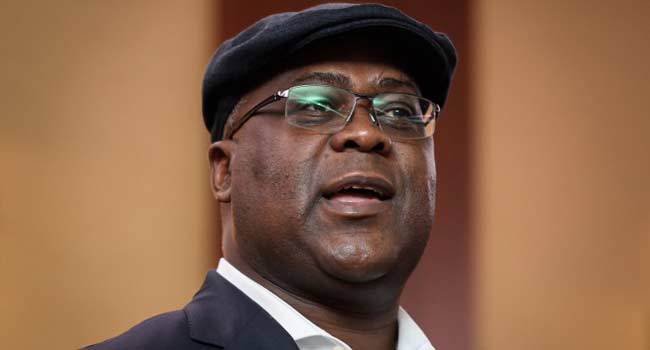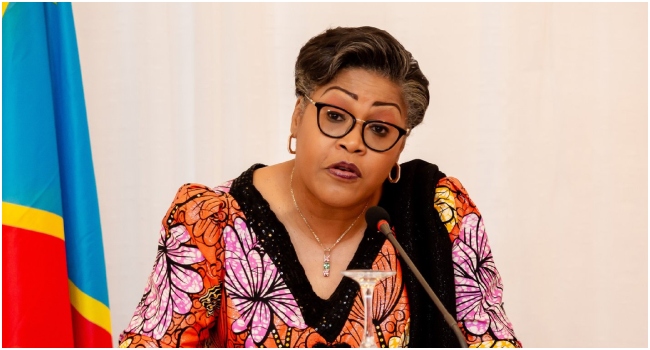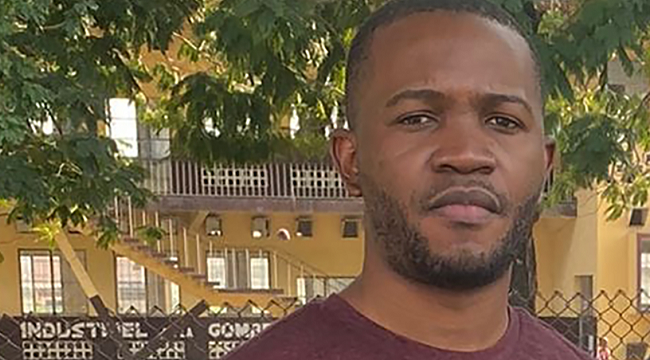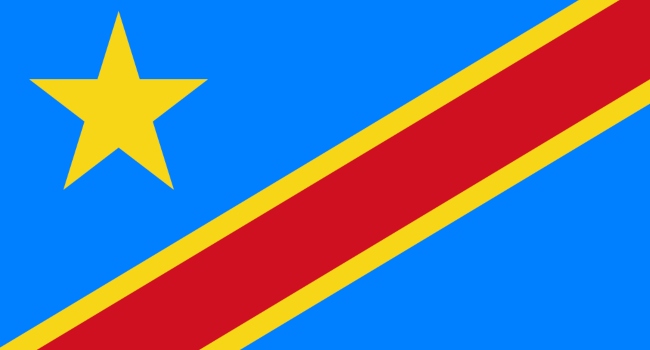
Foreign leaders reacted cautiously to the outcome of DR Congo’s presidential election Thursday, with many choosing not to congratulate the declared winner and appealing for disputes to settled peacefully.
Provisional results from the Democratic Republic of Congo’s much-troubled election granted victory to opposition leader Felix Tshisekedi.
But his opposition rival Martin Fayulu immediately cried foul, branding the results “an electoral coup”.
The Independent National Election Commission (CENI) gave Tshisekedi 38.57 percent of the vote, just ahead of Fayulu with 34.8 percent.
President Joseph Kabila’s preferred successor, Emmanuel Ramazani Shadary, came a distant third with 23.8 percent.
UN Secretary-General Antonio Guterres urged all sides “to refrain from violence and to channel any eventual electoral disputes through the established institutional mechanisms,” his spokesman Stephane Dujarric said.
African Union leader Moussa Faki Mahamat was similarly circumspect.
“It is important that any disagreement over the proclaimed results, notably that they did not reflect voters’ wishes, be resolved peacefully, by turning to the relevant laws and through political dialogue between the parties involved,” he said.
His statement notably did not congratulate Tshisekedi, whose victory has been met with accusations that he had struck a deal with outgoing President Joseph Kabila.
In contrast, President Cyril Ramaphosa of South Africa, one of the key players on the continent, urged interested parties to “refrain from speculation and allow CENI to complete the process”.
The European Union said it was waiting for the verdict of election monitors.
“We have also noted that these results have been contested by part of the opposition,” said EU spokeswoman Maja Kocijancic.
“In the meantime, we call on all political actors in DRC to abstain from any kind of act of violence and allow for the democratic process to continue,” she said.
France, however, broke ranks to challenge the official result.
“It really seems that the declared results … are not consistent with the true results,” Foreign Minister Jean-Yves Le Drian told CNews television.
“On the face of it, Mr Fayulu was the leader coming out of these elections,” he said.
The DRC’s Catholic Church, he argued, had reached the same conclusion after garnering data from its 40,000 election observers across the country.
The church itself has so far only said that the official results did not reflect the data its observers collected from polling stations.
It has not published the name of the candidate that, in its view, was the true victor.
AFP



